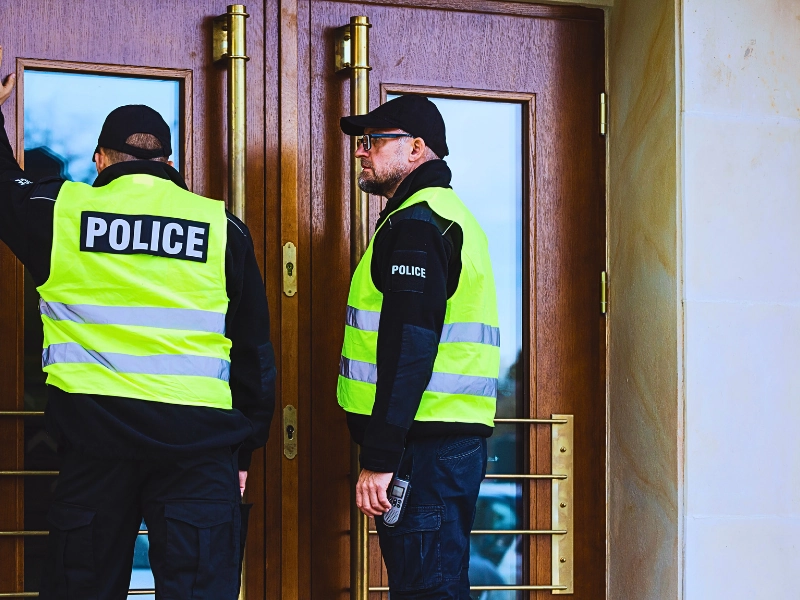The new year has brought with it many questions regarding Minnesota’s DWI laws and their enforceability. Recent appellate court decisions are creating more questions than providing answers.
In Minnesota, it’s a crime to refuse a blood alcohol test if an individual is suspected of DWI. The arresting officer does not require a warrant to request this test. He/she merely needs to remind drivers of Minnesota’s implied consent laws. However, the appellate court has ruled that police do need a warrant if they’re administering a blood or urine test. They don’t need a warrant if an individual consents to a breathalyzer.
These discrepancies and other concerns about the legality of punishing individuals for refusing a BAC test will be reviewed by the Supreme Court this year. It is quite possible the Supreme Court will agree that Minnesota’s implied consent laws violate an individual’s constitutional rights.
Supreme Court Review
Law enforcement and judges in Minnesota are eagerly awaiting the Supreme Court’s decision. In several cases, judges have issued stays as they await the final answer from the Supreme Court. Individuals arrested for DWI that were administered either blood or urine tests without a warrant may have their cases thrown out. Drivers penalized for refusing testing altogether may also have their cases thrown out by the court. Drivers who consented to breathalyzers are likely to see their cases proceed without delay as these are not currently considered unconstitutional. However, if the Supreme Court rules that law enforcement must obtain warrants for blood or urine tests in the future, it is likely they will include breathalyzers.
Current Minnesota Law
Under current Minnesota law, individuals convicted of violating the state’s implied consent laws face an automatic 1-year revocation of their license. If an individual has any previous DWI convictions, the court will add 1 year of suspension for every violation. When the Supreme Court reviews the legality of implied consent laws, it is likely they will decide these punishments are unenforceable. Because of this anyone convicted of a DWI, or violating the state’s implied consent laws should contact a Minneapolis DWI lawyer to determine how these rulings could impact a pending case or previous conviction.
Expected Timeline
The Supreme Court is not expected to rule on implied consent until later this year. That means that for now law enforcement will not seek warrants for any form of sobriety testing. While prosecutors will no doubt file charges and pursue penalties for refusing testing, courts will likely issue stays.






